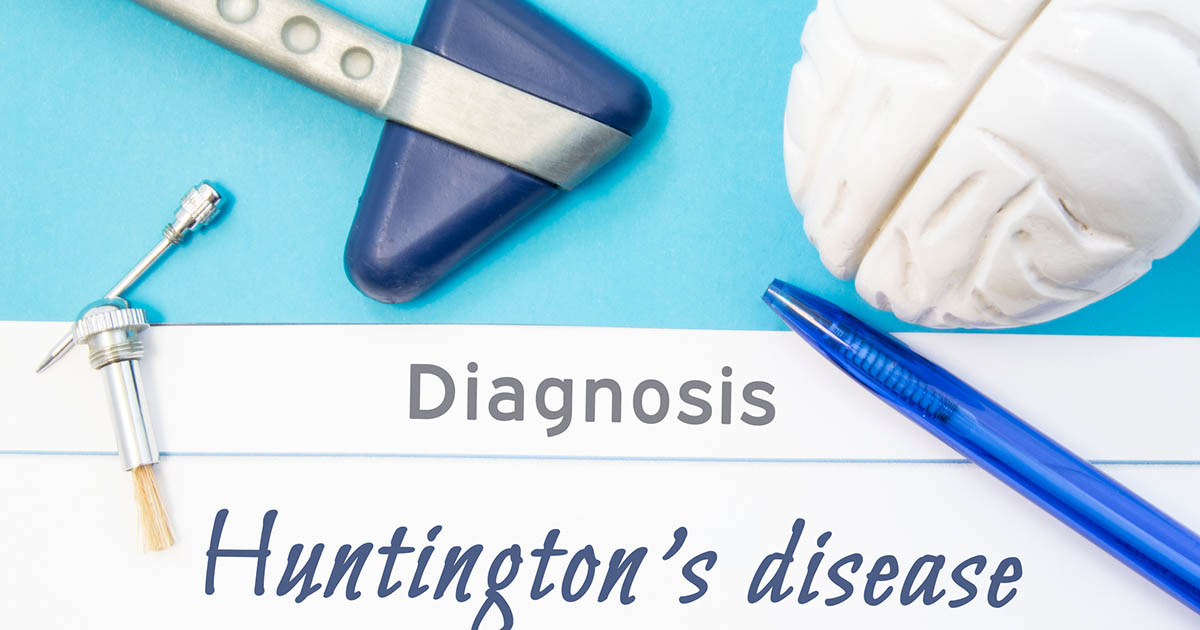Overview Of The Major Types Of Dementia
Huntington's Disease

Huntington's disease is another progressive condition that affects an individual's brain. It is also an inherited condition, which means individuals will develop it due to a genetic mutation. In the case of Huntington's disease, it is a defective gene on chromosome 4. Patients only need one copy of the defective gene to develop this condition. Huntington's disease has a wide range of effects on an individual's body and its function. Many patients deal with movement disorders and see symptoms such as impaired balance and gait, involuntary jerking movements, as well as rigid muscles or muscle contracture.
Huntington's disease patients often deal with psychiatric issues, including personality changes, irritability, apathy, and a lack of energy. This condition also causes symptoms of dementia. Specifically, Huntington's disease causes memory problems, a decline in thinking and reasoning, concentration issues, and similar symptoms. Unfortunately, no treatment can change the ultimate progression of Huntington's disease, though some medications can help patients manage their symptoms. Examples include medication to control chorea, such as clonazepam and tetrabenazine. Speech therapy, physical therapy, and psychotherapy are also helpful.
Get more details on various forms of dementia now.